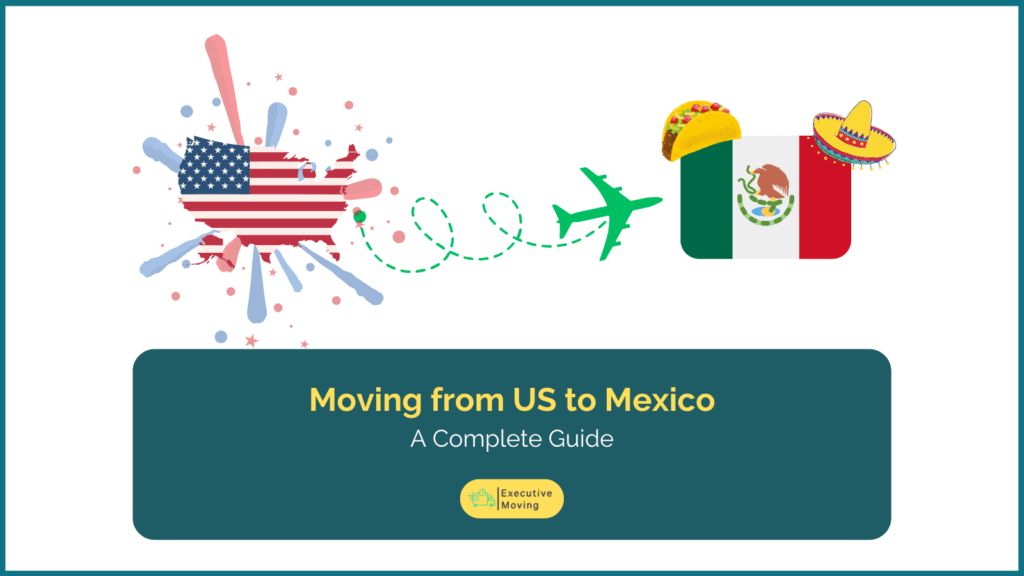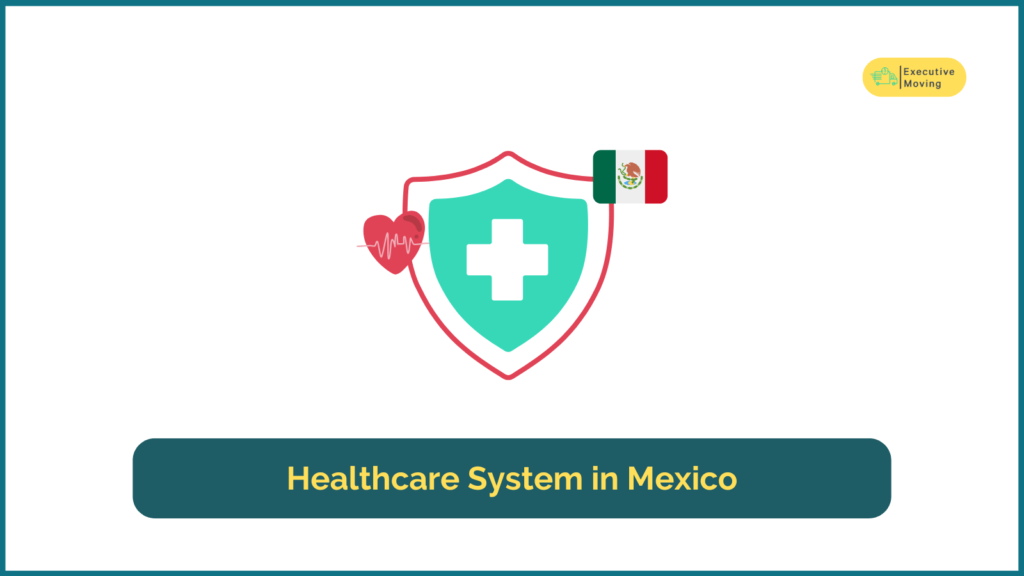What are the requirements for US citizens to get a visa for staying in Mexico?
US citizens interested in moving to Mexico can apply for a temporary residency visa or a permanent visa. The temporary residency visa is suitable for those intending to stay in Mexico for more than 180 days but less than four years.
Plus, applicants typically need to demonstrate sufficient monthly income or savings and must apply from a Mexican consulate outside of Mexico.
How can American expats manage their finances in Mexico?
Managing finances in Mexico involves understanding the currency exchange rates, as the peso is Mexico’s official currency. Open a local bank account to facilitate easier transactions and avoid foreign exchange fees.
Expats may also want to explore options to send money internationally, ensuring they use reliable services to minimize costs.
Furthermore, some expats find that having a Costco membership in Mexico can aid in managing living expenses.
What is the cost of living and monthly income requirement for expats in Mexico?
The cost of living in Mexico can vary significantly depending on the city and lifestyle.
Generally, it is lower than in many parts of the US. Expats should budget for rent, utilities, groceries, and transportation.
The monthly income requirement for a temporary residency visa typically ranges from $2,000 to $2,500, depending on the specific consulate’s requirements. For permanent residency, the requirement is higher.
How can expats find a job in Mexico?
To find a job in Mexico, expats can start by searching online job portals, networking with other expats, and reaching out to companies directly.
Speaking English can be an advantage, especially in tourism-heavy areas or international companies. However, learning Spanish can significantly increase job opportunities.
What is the process for renting in Mexico?
Renting in Mexico involves several steps, starting with finding a suitable property through online listings or real estate agents.
Visit the property in person before signing a lease. Leases are typically for one year, and tenants might need to provide a list of references, proof of income, and a deposit.
Understanding the local rental market and legal requirements will help prevent potential issues.
What should digital nomads know about the digital nomad visa in Mexico?
Although Mexico does not offer a specific digital nomad visa, digital nomads can reside in the country using a temporary residency visa.
This visa allows them to stay in Mexico for an extended period while working remotely.
Digital nomads should ensure they have a stable internet connection and may choose vibrant cities like Mexico City or Playa del Carmen, which offer excellent amenities and coworking spaces.
How do American and Canadian expats obtain health insurance in Mexico?
American and Canadian expats can obtain health insurance in Mexico through private insurance providers or the Mexican public healthcare system (IMSS). Learn more about How to Access the Mexican Healthcare System (IMSS).
Private health insurance offers more comprehensive coverage and access to private hospitals, while IMSS is more affordable but with longer wait times.
It is crucial to research and compare different plans to find one that suits individual healthcare needs and budgets.
How can expats get a driver’s license in Mexico?
To get a driver’s license in Mexico, expats must apply at the local Department of Motor Vehicles (DMV).
Requirements vary by state but generally include proof of residency in Mexico, a valid US driver’s license, and passing a written and practical driving test.
Some states may require additional documents, such as a birth certificate or proof of monthly income. It is recommended to check specific requirements with the local DMV.
What are the benefits of living in Mexico full-time for expats born in the U.S?
Living in Mexico full-time offers numerous benefits for expats born in the U.S, including a lower cost of living, vibrant culture, and diverse landscapes. Expats can enjoy a slower pace of life, warmer climate, and access to delicious cuisine.
Mexico’s proximity to the U.S makes it easy for expats to travel back and forth. Additionally, communities of American expats provide support and connections, making the transition to life in Mexico smoother.










